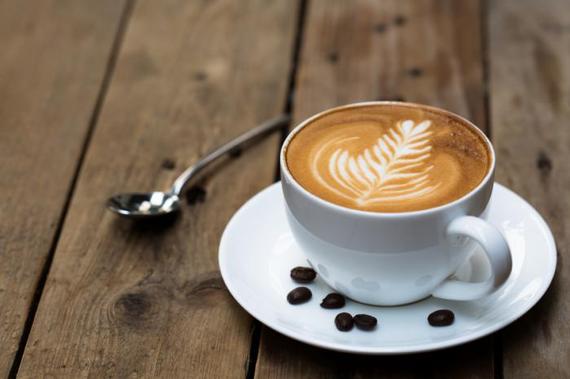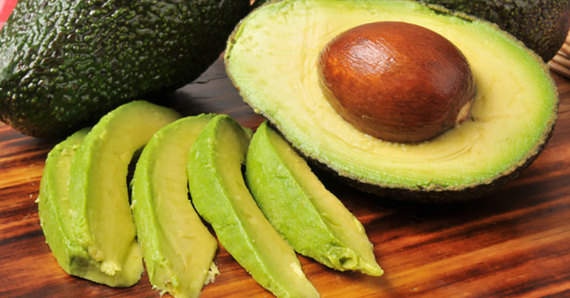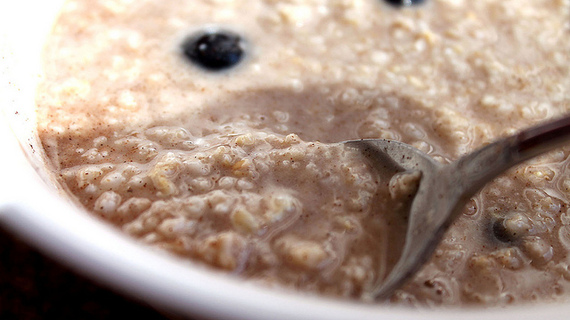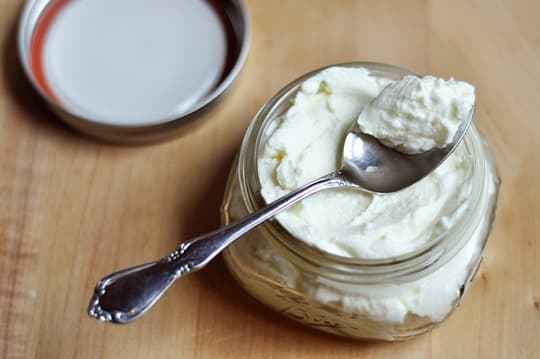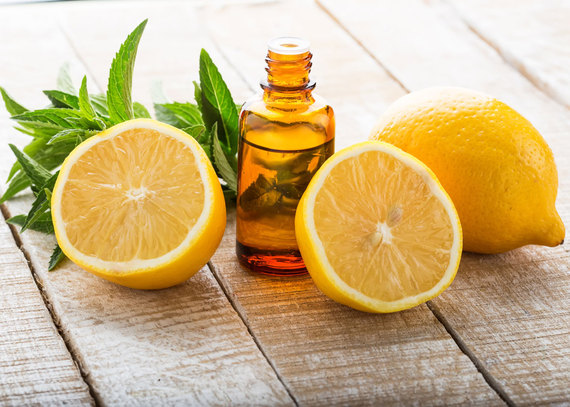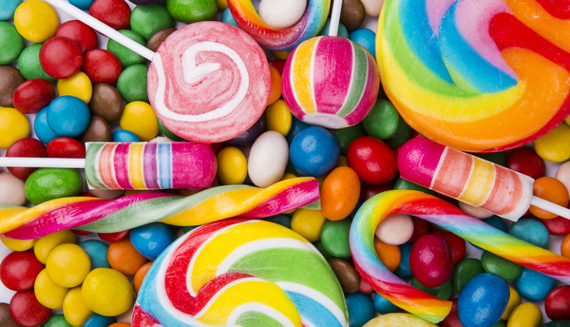Anxiety has become so prevalent in today's world, it's now considered the norm rather than the unusual.
According to the Anxiety and Depression Association of America, anxiety disorders are the most common mental illness in the U.S., affecting 40 million adults in the United States age 18 and older, or 18% of the population. (Source: National Institute of Mental Health)
While medication is a valid route, many of us choose to seek a more natural approach, exploring underlying issues and even diet.
What most of us have forgotten, is that our grandmothers knew how to treat anxiety with a trip to the kitchen. We all remember calming teas such as chamomile and tulsi, also known as holy basil, or a cup of warm milk with honey helping anxiety, but what many of us don't recall is that certain foods also calmed anxiety while others agitated it.
Here are 4 foods to reach for during times of anxiety, and 3 to avoid.
1. Avocado
Avocados contain blood pressure-lowering potassium, as well as mono-saturated fat and B-vitamins. Studies have shown that 30% of patients hospitalized for depression are B vitamin deficient. These creamy green boats of goodness are an easy solution for anxiety on the run. Grab a spoon and some good quality sea salt and you're good to go.
2. Tryptophan-Rich Foods
Think back on the food induced coma you find yourself in after Thanksgiving. That sleepy relaxed state comes from the amino acid Tryptophan found in turkey. Foods rich in tryptophan reduce anxiety. Oats, turkey, and sesame seeds are also high in this calming amino acid. Consider facing down a particularly stressful day with a bowl of oatmeal for breakfast and a packed a turkey sandwich for lunch.
3. Full Fat Yogurt
Yogurt stripped of fat and sweetened with fruit or sugar is useless for the metabolism - I'd rather have a candy bar, but full-fat yogurt is a different story packing an ideal mix of protein, fat and carbs to stoke your metabolism and used by the body pronto.
High in the protein lactium for lowering blood pressure, vitamins B2 and B12 for the brain, and calcium and potassium to soothe muscle spasms, full-fat yogurt is an excellent resource for anxiety control.
4. Citrus
Vitamin C lowers blood pressure and kicks the stress hormone cortisol to the curb. Grab an orange, tangerine or grapefruit on the run and as you peel it, inhale deeply. Citrus oil is also a huge anxiety fighter. According to Healthline.com oils can also decrease what are called "autonomic functions," such as your breathing rate, heart rate, and blood pressure.
Whether I'm consuming oranges or merely sniffing them, citrus is my go to anxiety weapon.
Now on to the 3 foods that agitate anxiety.
1. Alcohol
While that one glass of wine buzz seems to take the edge off, alcohol is a depressant. Drink Aware Research reports that alcohol alters brain chemistry and increases anxiety. The temporary illusion of taking the edge off anxiety evaporates quickly, leaving you feeling lower than before you poured yourself a stiff one.
2. Sugar
Chocolate is the ideal comfort food for so many of us, but unfortunately, the sugar in it spikes insulin levels leaving us ultimately tired and feeling low. Psychology Today reveals the roller coaster of high blood sugar followed by a crash may accentuate the symptoms of mood disorders.
3. Caffeine
Who doesn't want a cup of Joe during an afternoon slump? Your adrenals and kidneys, that's who. Coffee and caffeine are diuretics. Even the slightest level of dehydration can leave us feeling depressed. Your Brain on Coffee by Bethany Ramos shares Caffeine can immediately improve the mood by stimulating dopamine, but it depletes serotonin over time, which will ultimately cause you to feel worse.
Food for many of us equals comfort, so during times of stress, remember to reach for the right comfort. And my parting anxiety advice is this: don't believe anything you tell yourself after 10 pm at night.
